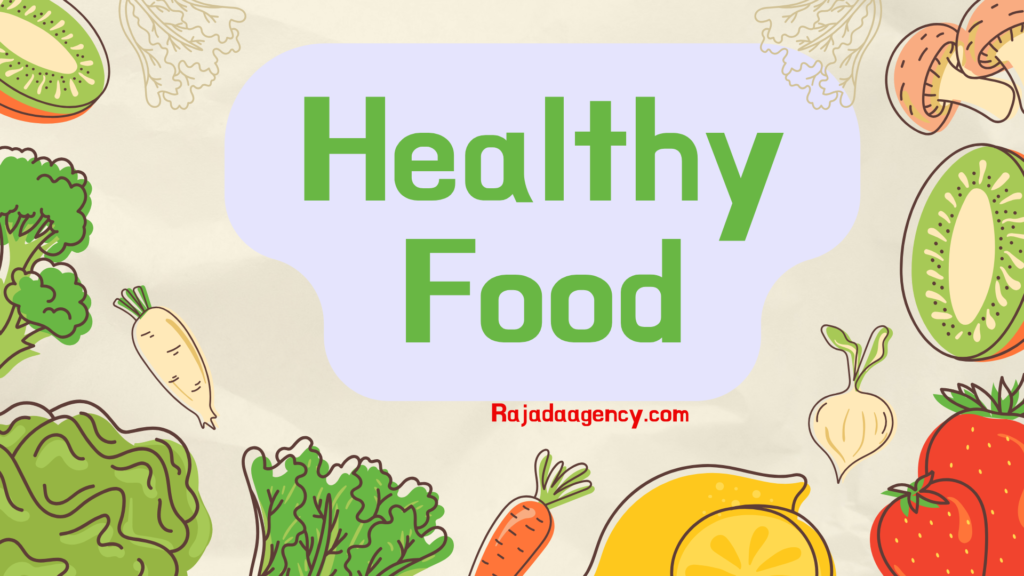10 TIPS SECRET HEALTHY FOOD

A balanced diet is key to maintaining good health. Here are some fundamental principles for choosing healthy food:
1. Variety is Key:
- Eat a Rainbow: Incorporate a variety of fruits and vegetables of different colors. Each color provides different nutrients and antioxidants.
- Whole Grains: Choose whole grains like brown rice, quinoa, oats, and whole wheat over refined grains. They are richer in fiber, vitamins, and minerals.
2. Balance Macronutrients:
- Proteins: Include lean proteins such as chicken, fish, beans, lentils, tofu, and nuts. Protein is essential for muscle repair and immune function.
- Healthy Fats: Choose sources of unsaturated fats like avocados, nuts, seeds, and olive oil. Limit saturated fats found in fatty cuts of meat and full-fat dairy products.
- Carbohydrates: Focus on complex carbohydrates like vegetables, fruits, and whole grains that provide steady energy and fiber.
3. Limit Processed Foods:
- Minimize Added Sugars: Be mindful of hidden sugars in processed foods and drinks. Opt for natural sources of sweetness like fruits.
- Avoid Trans Fats: Check labels for trans fats, often listed as partially hydrogenated oils, and avoid them.
4. Hydration:
- Drink Plenty of Water: Aim to drink at least 8 cups (2 liters) of water daily. Hydration is crucial for digestion, energy, and overall health.
- Limit Sugary Drinks: Avoid sodas and sugary drinks. Instead, choose water, herbal teas, or infusions with fruits and herbs.
5. Mindful Eating:
- Listen to Your Body: Eat when you’re hungry and stop when you’re full. This helps prevent overeating and promotes better digestion.
- Enjoy Your Food: Take time to savor your meals without distractions. Mindful eating can improve your relationship with food and help you make healthier choices.
6. Preparation and Cooking Methods:
- Cook at Home: Preparing meals at home allows you to control the ingredients and cooking methods.
- Healthy Cooking Methods: Choose methods like steaming, grilling, baking, and stir-frying over deep-frying.
7. Portion Control:
- Moderation: Be mindful of portion sizes to avoid overeating. Using smaller plates can help control portions.
- Balance: Ensure each meal contains a balance of protein, healthy fats, and complex carbohydrates.
8. Include Superfoods:
- Nutrient-Dense Choices: Incorporate foods like berries, leafy greens, nuts, seeds, and fatty fish (like salmon) which are packed with nutrients and beneficial compounds.
9. Limit Salt Intake:
- Avoid High-Sodium Foods: Processed foods often contain high levels of sodium. Use herbs and spices for flavoring instead of salt.
10. Regular Eating Schedule:
- Consistent Meals: Eating regular meals and snacks helps maintain energy levels and can prevent overeating later in the day.
Practical Tips:
- Plan Meals: Planning meals ahead can help you make healthier choices and avoid last-minute junk food.
- Read Labels: Check nutrition labels to understand what’s in your food. Look for hidden sugars, unhealthy fats, and sodium levels.
By following these principles, you can create a balanced, nutritious diet that supports your overall health and well-being.

